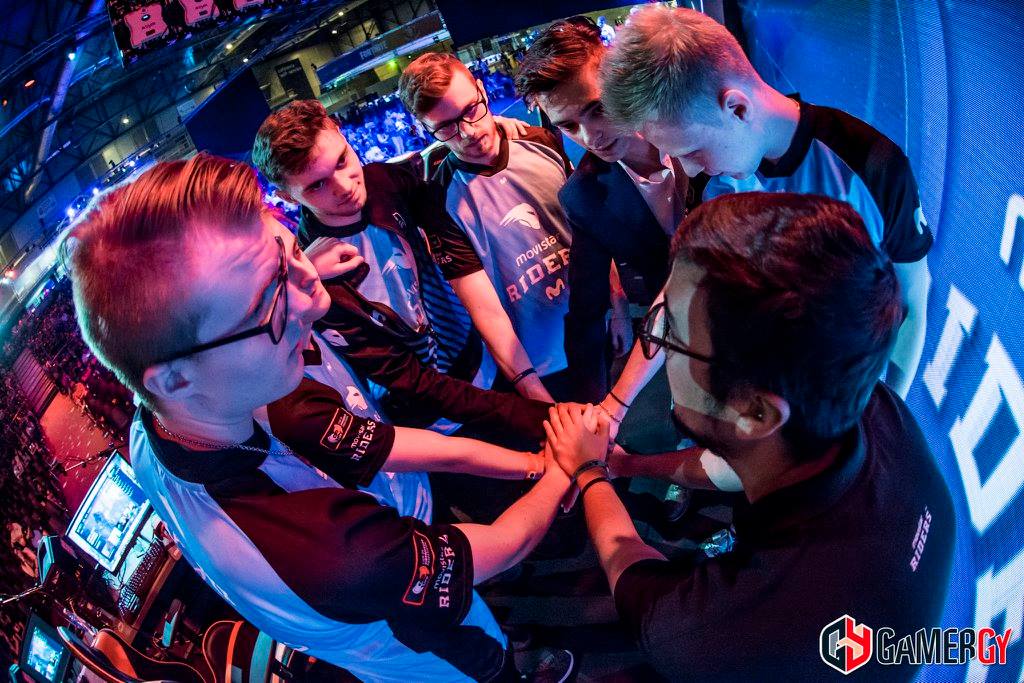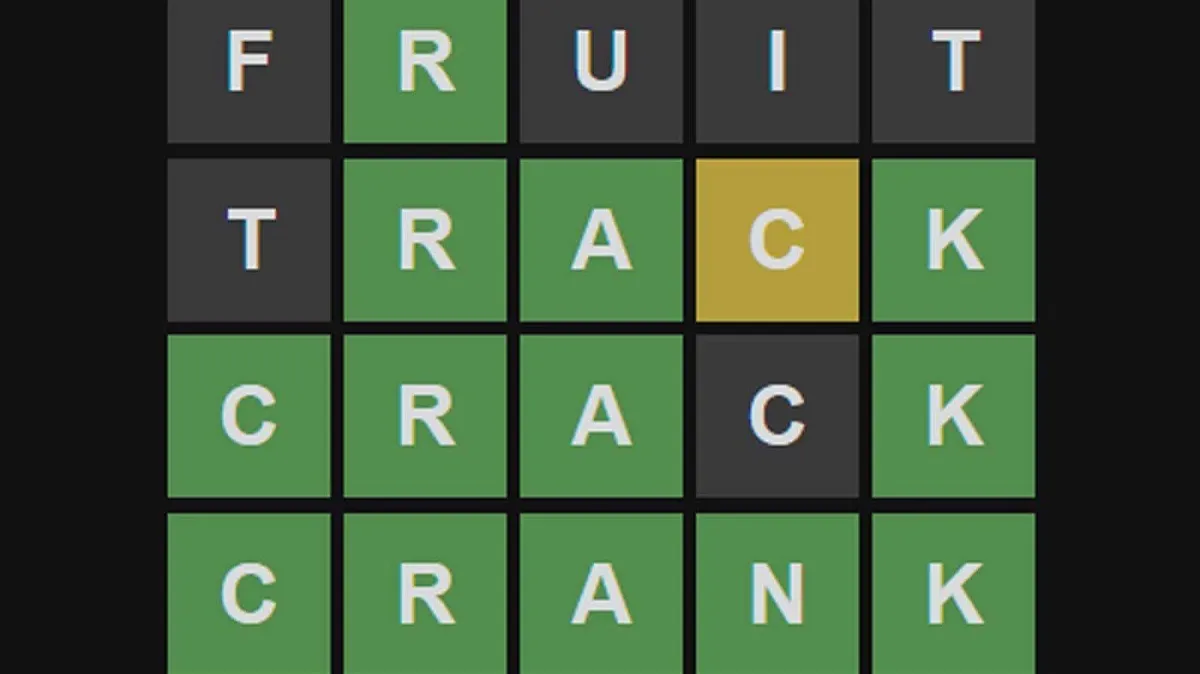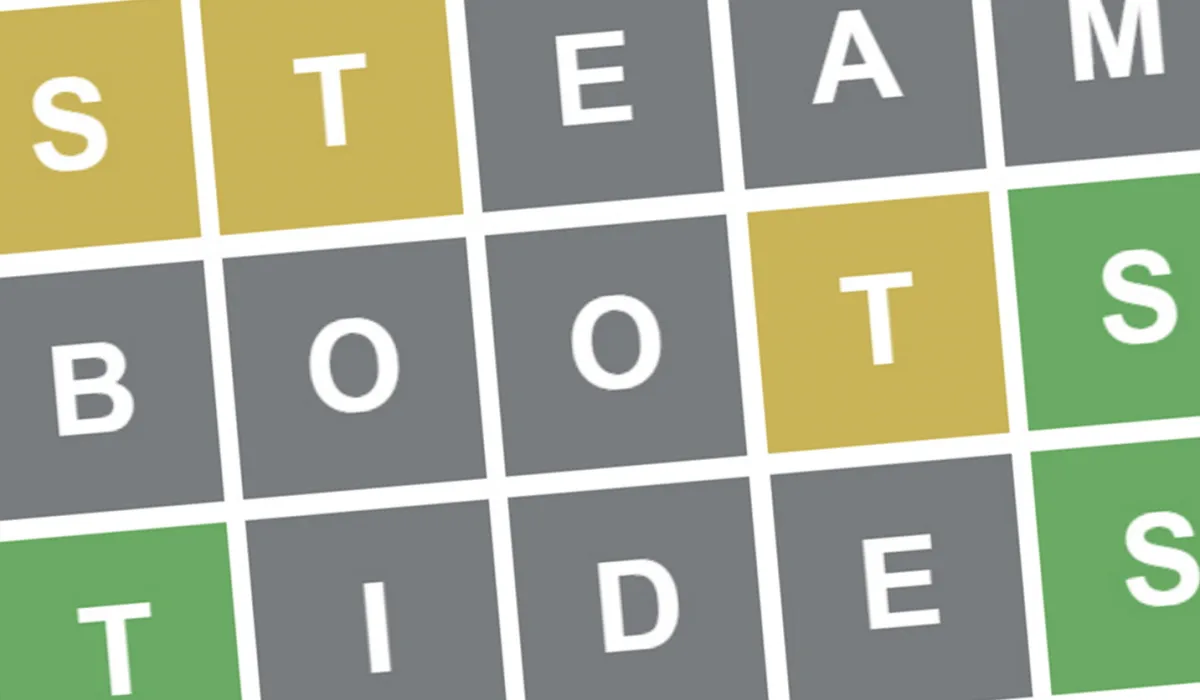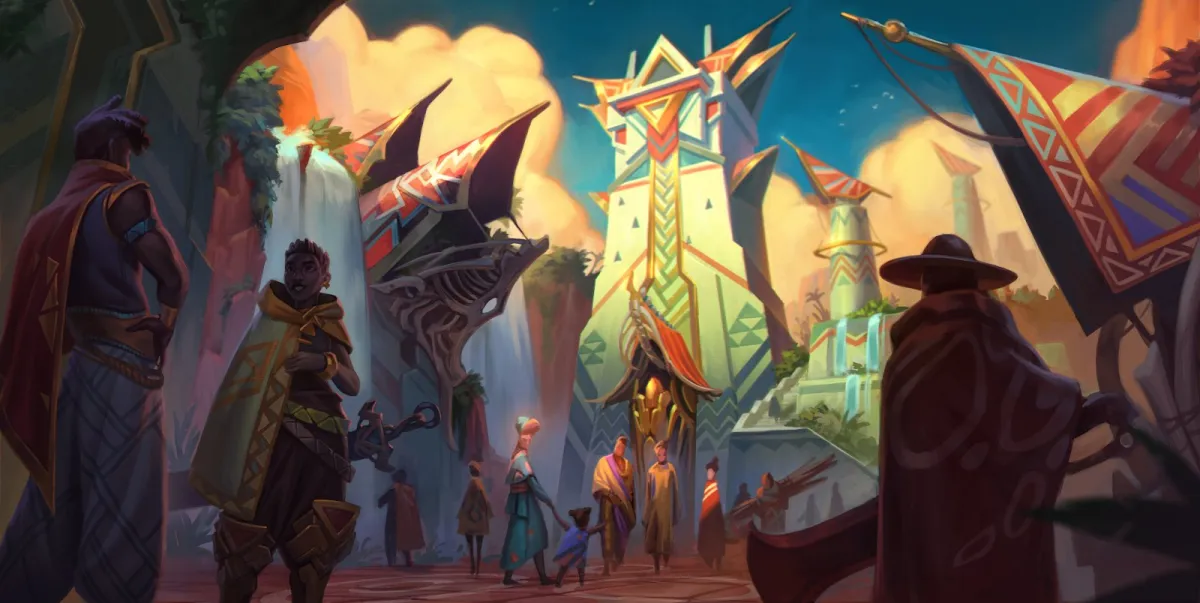English version at the end of the piece
Fayan “Gevous” Pertijs es joven, holandés, amante de la música y entrenador de League of Legends. El principal cambio de la sección de League of Legends de Movistar Riders, en la veintena pero con una trayectoria más longeva de lo que podría parecer. Los resultados del equipo son inmejorables y muchos le han puesto en el punto de mira como el principal agente de esta mejoría.
En el fondo, Gevous sigue siendo un joven adulto con ganas de comerse el mundo que ha aprendido a base de prueba y error. Pero no siempre fue así. “El sueño de mi padre era que me convirtiera en músico profesional. Él lo fue y me instruyó al conocimiento musical”, asegura un Fayan que no acababa de disfrutar en la escena musical y por eso lo dejó en parte. “Gané un poco de mi salario, pero no mucho porque vivir siendo músico hoy en día es demasiado complicado y me mudé a los esports… ¡lo cual era incluso más arriesgado!”, afirmó entre risas.
2015 marcó un antes y después en su carrera. “Me metí en donde pude, hice de todo. Empecé como comentarista, cubrí algunos eventos en vivo y en línea. Causé interés en el entrenador noruego Kristoffer “Utama” Renè Odland, hacía todo lo que estuviera en mi mano. Análisis, prensa para una organización del Benelux centrada en cobertura local e internacional, fui a Dreamhack Suecia en varias ocasiones a hacer entrevistas… conseguí mucha experiencia pero también trabajé gratis”, comenta Gevous.
Empezó a tener más curiosidad cada vez por entrenar en vez de ser analista u otros roles. Ayudó a equipos como Supermassive o Na’Vi, pero fue Low Priority el primer equipo en el que saltó a la acción. “Empecé mi carrera con Adrian “Hatchy” Widera y todavía estoy en contacto con él. Aquel equipo que luego pasaría a ser 3sUP Enterprises tenía jugadores como Bor “Kektz” Jeršan, Bogusław “Abaria” Dobryniewski y Tomáš “Nardeus” Maršálek”, declaró Fayan.
Sin embargo, su primer paso de verdad y donde su carrera empezó a tomar forma fue en Brasil. Fayan, un joven holandés con muchísimas dudas y sin tener una metodología todavía definida, saltaría un continente para probar suerte en una escena completamente diferente. “El primer equipo con siete jugadores consiguió ganar la CBLoL y pudimos utilizar a todos y cada uno de ellos. Estoy muy orgulloso del rendimiento doméstico de aquel equipo, las dinámicas que implementamos funcionaron muy bien”.
Gevous elogió a Gabriel “tockers” Claumann por su papel clave como líder dentro del juego y conocimiento de la estrategia. También a la producción de Riot Brasil y a los aficionados. “Creo que (ellos) son increíbles… ¡siempre que vayas ganando, claro! (ríe). Los brasileños son muy efusivos. Entiendo que quieran ver a su país tener éxito, no lo critico en absoluto. Incluso fui reconocido por primera vez en la calle, un concepto totalmente extraño para mi. La gente se quería tomar fotos conmigo”.
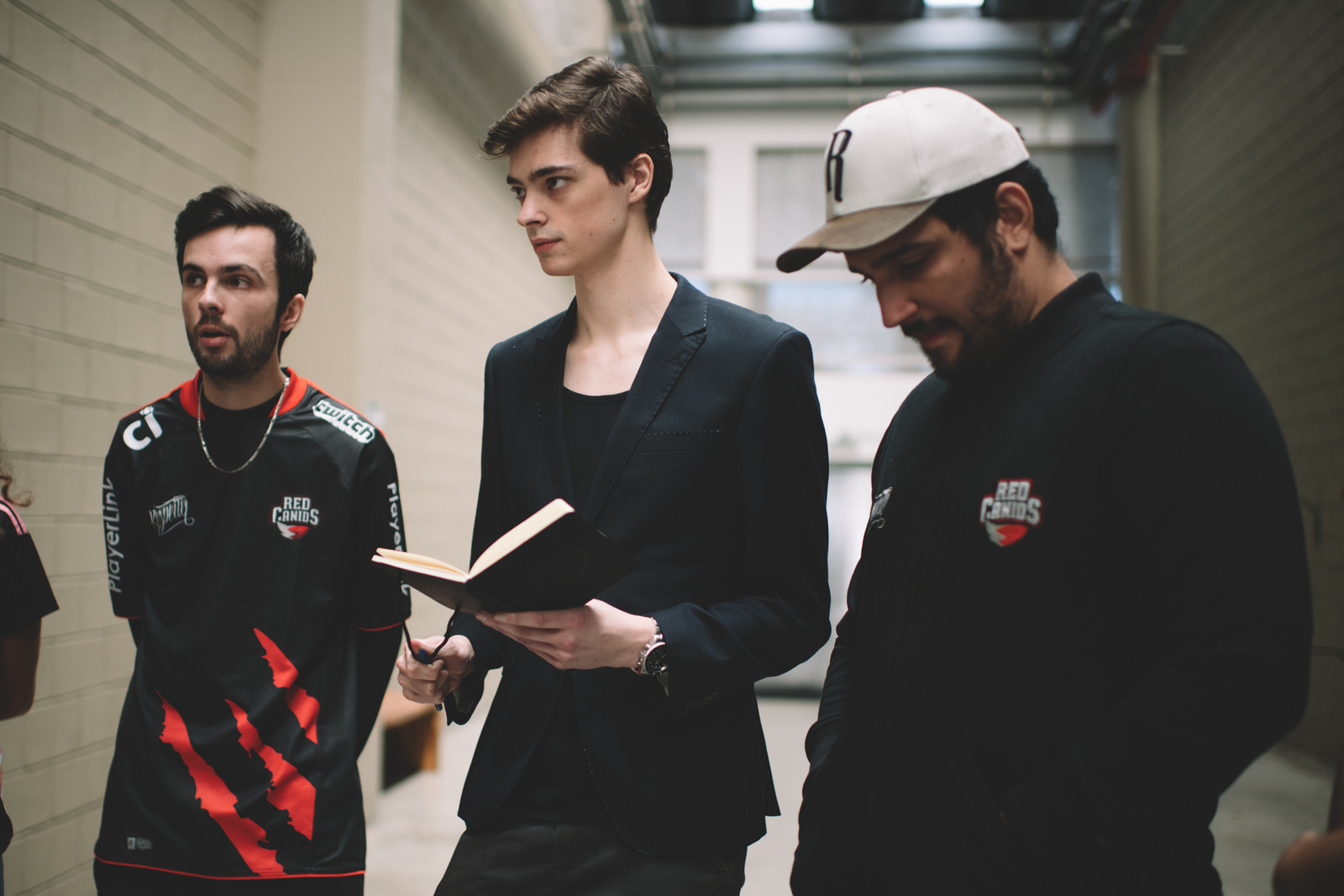
Pero sin duda, con lo que se queda de Brasil fue de su cambio metodológico. “El equipo trabajaba en portugués, por lo que no podía influir en la comunicación. Casi todo lo que hice fue trabajar con los conflictos entre los jugadores y ser un apoyo directo para el equipo. Intenté extraer lo máximo de los jugadores”, asegura Fayan.
Poco después llegó una oportunidad de oro para él: probar fortuna con un equipo de la League Championship Series europea, Splyce. “Fue la primera gran organización en la que trabajé, con otras disciplinas importantes como en Call of Duty. Fue un paso importante en el requisito mínimo de profesionalismo”, sentenció Gevous.
No fue una época sencilla. “La mayor dificultad para mí fue trabajar con un grupo de personas que ya acumulaban conflictos porque llevaban trabajando casi dos años juntos bajo otro entrenador, Jakob “YamatoCannon” Mebdi. Mi objetivo era hacer las cosas de otra manera, pero había muchas diferencias en opiniones y no pude trabajar lo que me hubiera gustado”, declaró Fayan.
Para Gevous, llegó un punto en el que “teníamos dudas sobre si podríamos trabajar en encontrar lo mejor para el equipo. Creo que Marty “LazerChicken” Strenczweilk (CEO de Splyce) tenía buenas intenciones pero en el momento concreto no encontramos el camino adecuado”.
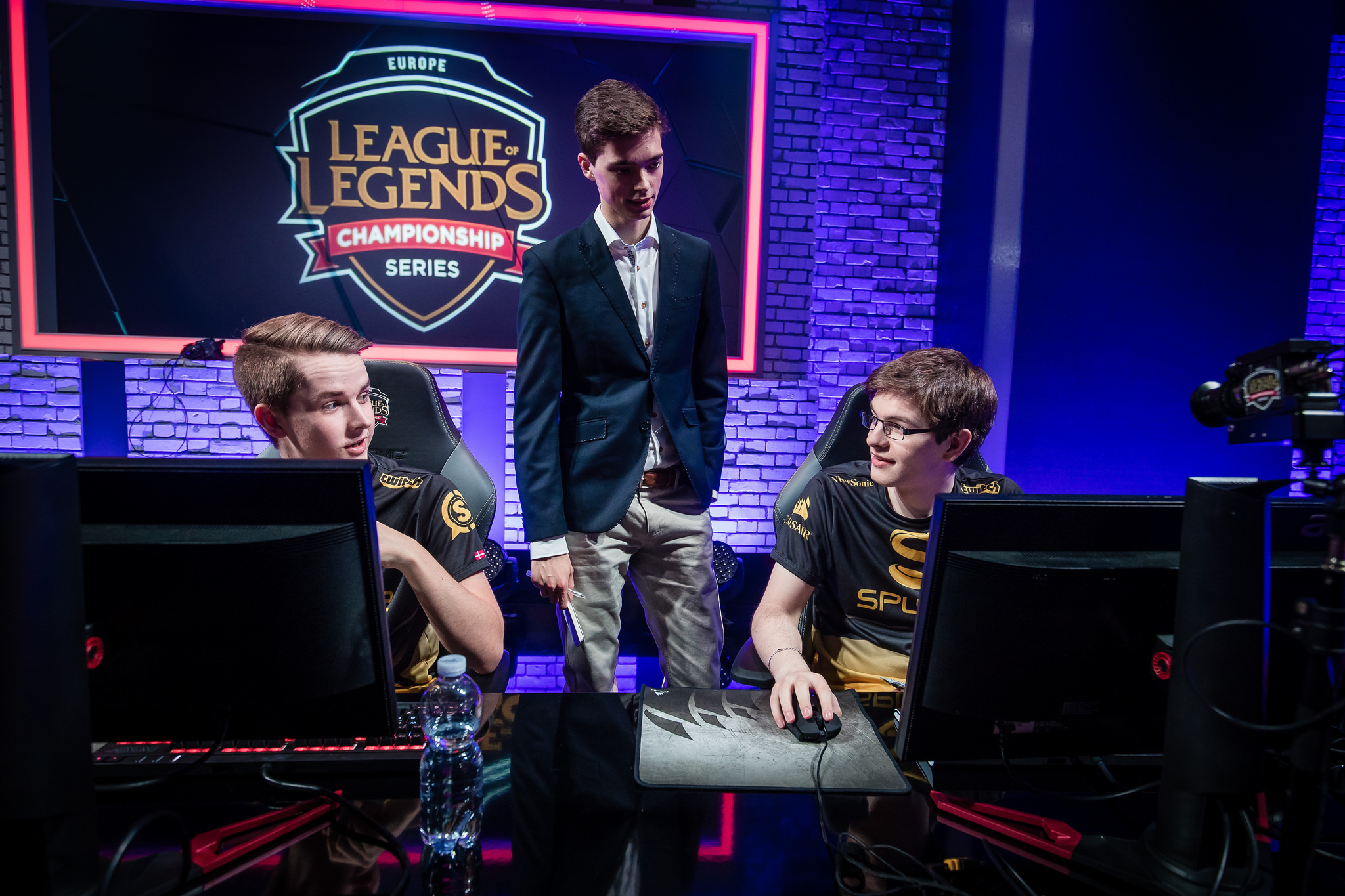
Le pregunté por Kasper “Kobbe” Kobberup, el único jugador de aquel grupo del ascenso de los daneses que todavía se mantiene en el equipo. “Siempre fue un jugador que tenía en mi cabeza. Trabajaba como el que más, el chico tenía el potencial de ser uno de los mejores en su posición de la liga… y creo que ya lo ha conseguido. Es muy constante y tiene mucho potencial. Increíblemente talentoso”.
Después de un largo parón, Gevous volvió en 2018 con las fuerzas renovadas. Entró en Movistar Riders, una organización de la que ensalza su enfoque: “Riders mira al cuerpo técnico y las personas de una manera central: crecen aquí y si alguien no funciona buscan una solución para él. Siempre se enfocan al largo plazo. Hay muchas organizaciones que aseguran perseguir ese enfoque, pero luego toman decisiones que afectan solo a su éxito a corto plazo”.
El holandés asegura que, hasta ahora, Movistar Riders es la organización más profesional en la que ha estado. “Trabajamos en el mejor ambiente, siempre buscan mejorar la atmósfera y trasladar lo que ya se sabe de los deportes tradicional a los esports. Me siento seguro dentro de Movistar Riders”.
Quise hablar de Xyraz, un jugador demasiado anómalo por su edad y veteranía en el sector. “Voy con él y Finn Wiestål (el top sustituto) al gimnasio todas las tardes y en ese escenario se comporta como un entrenador. Potencia sus rasgos, siempre va al grano y le encanta empujar a otros fuera de sus límites. Es una gran figura paternal de cara a Finn. Me gusta que los jugadores que comparten posiciones funcionen como un entrenador posicional para potenciar la forma de ver el juego de ambos”, dijo Gevous.
Un punto de debate que saltó hace un tiempo fueron las «inhouses». Partidas organizadas entre jugadores profesionales que emulan la cola de clasificatoria en un alto nivel. En relación de unos tuits de hace unos días, aseguró que “tristemente, solo pudimos organizar un día. Es demasiado difícil de controlar para nosotros, yo y Jandro, porque estamos trabajando a tiempo completo con el equipo”.
“Lo hicimos en su momento porque con el cambio de metajuego las partidas de SoloQ eran demasiado ineficientes. Ahora se ha estabilizado”, asegura Fayan. Mencionó formatos como ESEA en CS:GO. “Quieres practicar aspectos individuales, porque en los entrenamientos te enfocas en el juego en equipo. Trabajar cada fallo individual es demasiado tiempo invertido cuando sería mejor potenciar la coordinación del equipo”.
La existencia de demasiados saltos de nivel entre las colas de clasificatoria no ayuda. “Es difícil equilibrar un servidor potencial con los mejores jugadores, veo la complejidad en todo esto”, afirmó Gevous. Sobre la polémica relacionada con los jugadores de Norteamérica, aseguró que “deberían dejar de ser unos vagos. Si hacer stream es una mayor prioridad que la calidad de tu práctica, escogiste mal tu trabajo”.
Siempre hay tiempo para filosofía. Cuando hablamos de League of Legends, solemos tocar temas como la estrategia a macro y microescala, el talento de los jugadores y su actitud. Pero no vemos más allá en las personas: cuáles son las razones que motivan a largo plazo en ciertas decisiones, por qué a veces unos conjuntos funcionan a pesar de no tener las herramientas a priori para ello.
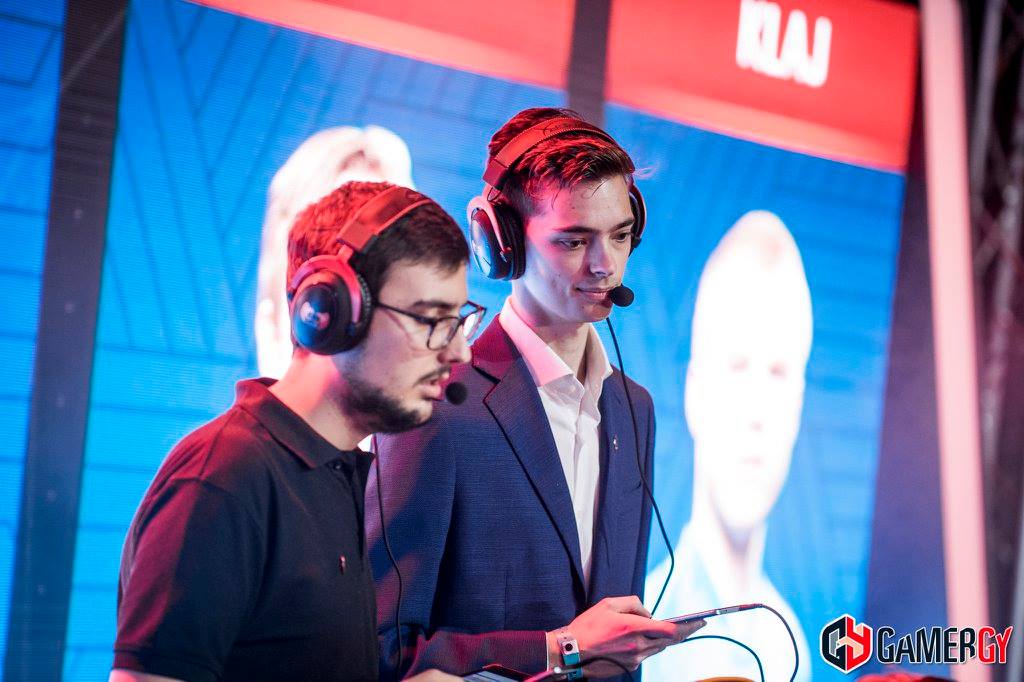
Por eso, cuando investigaba sobre Gevous, observé dos patrones claros. El primero, la calma. “Yo veo el estado de calma como algo neutro. La mejor forma de describirlo desde un punto de vista externo es el agua más transparente que exista. Te ves reflejado desde fuera y te permite adaptarte al ambiente y lo que este necesita”.
El segundo, buscar líderes y no seguidores. “Quiero que los jugadores crezcan más allá de su propia imaginación. Sé que suena demasiado soñador y absurdo, pero es es el mismo punto que el humanismo: puedo enseñar a un país tercermundista solo si le mando comida, pero si le enseño a pescar comerá para siempre”.
Gevous también habló sobre su país natal, los Países Bajos. “Los medios de comunicación allí tardan mucho en pillar tendencias y me sorprendió que las finales de primavera de 2016 fueran en Rotterdam. Hay cada vez más artículos de creadores de contenido y videojuegos, pero cuando lees los artículos te das cuenta de que no tiene ni idea de lo que escriben. Todo es todavía demasiado casual”.
Sobre su apellido, comentó que se muestra más cercano hacia su familia paternal y que no lo lleva con orgullo por el mero hecho de ser su apellido. “Respeto a la gente por lo que es, no por su origen”. Además, destacó que, a pesar del estereotipo, la gente neerlandesa está entre la más sobria. “En realidad, los Países Bajos son uno de los países con menos adictos. No quiero mostrar orgullo sobre ello, pero es una tendencia”.
Por último y para finalizar la entrevista, le propuse un reto. Con muy pocas palabras tenía que definir a cinco personas. Sobre Alvar “Araneae” Martín, destacó su “fuerte personalidad, lo emocional que se muestra y lo imponente que es”. Fayan quiso contextualizar que, en este caso, solo puede hablar por lo que ha visto de él y se ha dado cuenta.
De Fernando Piquer, CEO de Movistar Riders, lo definió como una persona muy familiar. Con Jaime “Sensguino” Callejas, psicólogo del club, tuvo muchas dudas, pero al final destacó su capacidad para trabajar a través de buenos hábitos y investigar constantemente. De Javier “Pyros” Quejigos, analista de Movistar Rides, puso por encima de todo su motivación constante para aprender bajo el término en neerlandés «Leergierig», aunque a veces necesite ser guiado. Para finalizar, de Alejandro “Jandro” Fernández-Valdés puso por encima de todo su visión competitiva y ser pura emoción.
Gevous: “I want players to grow beyond their imagination”
Movistar Riders’ coach shows his personal side in an interview focused on his career.
Fayan “Gevous” Pertijs is young, dutch, loves music, and coaches League of Legends. The main change on Movistar Riders’ League of Legends roster, he’s in his twenties but has a long career behind him. The outcomes of the team are way better than expected and many have focused on him as the main reason for this.
He’s hungry for success and has learned by trial and error. It was not always like this, however. “The dream of my father was that I would have become a professional musician,” Gevous says. “He taught me the music knowledge.”
Gevous didn’t enjoy the music scene in the end and that is why he left. “I earned a bit of money, not that much because music nowadays is incredibly hard and then I switched into esports which is… just as risky!” Gevous said, before laughing.
The breaking point in his career came in 2015. “I was doing any gig possible, basically. I started as a shoutcaster, did some LAN and online events. Then I got interest from Kristoffer “Utama” Renè Odland, a norwegian coach. I was just doing as many things as I could. I was doing analysis, also media for a Benelux organization, focused on Netherlands but also international coverage. I went to Dreamhack Sweden, Summer and Winter, many times to do interviews from people. I was getting a lot of experience and also working for free”, told Gevous.
He started to be more curious into coaching instead of being an analyst or other roles. He helped team such as Supermassive or Na’Vi, but it was Low Priority the first club when he jumped into action. “My career kinda started together with Hatchy. I am still in contact with him. This team turned into 3sUP and had players such as Bor “Kektz” Jeršan, Bogusław “Abaria” Dobryniewski y Tomáš “Nardeus” Maršálek”, said Fayan.
However, his very first big step and when his career started to take shape was in Brazil. Fayan, a young dutch with a lot of doubts and with some flaws still in his methodology, jumped to another continent to try something different. “The first team with seven players managed to win the title and we could use all of them in the roster. I am still proud of that domestic performance, the dynamics that we had in RED Canids were successful”.
Gevous praised Gabriel “tockers” Claumann for his key role as a leader inside of the game and knowledge about strategy. He also praised the production team of Riot Brazil and the fans: “I think they are great, brazilian fans are amazing… as long as you are winning (laughs)! Brazilians are really tryhards. I understand that they want their country to be very successful, I do not blame it all. I was even recognized on the street, that was my very first experience, that was a crazy concept. People wanted to take pictures with me.

But without doubt, what he keeps from Brazil is the change on his methodology. “The team was working in portuguese so I could not do anything in terms of communication whatsover. Big part of me there was working with conflicts and just be more like a facilitator. Getting the most out of the players”.
Brief after he had an incredible chance: to train a team of the european League Championship Series, Splyce. “Splyce was like the first big organization I really worked in, it was big in Call Of Duty already and had multiple teams in different games. It was quite a step forward in the minimum requirement level of professionality”.
It was not easy. “The difficulty for me mostly was however that I was working with a team that had a lot of conflict already because they have been playing for like close to two years already and they had all the time Jakob “YamatoCannon” Mebdi as a coach. My goal was to do the things differently, but there were too many differences in opinions so I could not really do the things I wanted to do with the team”.
For Gevous, there was a point where “we were doubtful if we would keep working in finding the best for the team. Marty “LazerChicken” Strenczweilk had the right intentions, but at the time at Splyce we did not manage to find the right way”.

I asked him about Kasper “Kobbe” Kobberup, the only player remaining in Splyce from those five danes who got into the EU LCS. “Kobbe was always a player in my mind. He always wanted to work hard, this guy definitely had the potential to become one of the top adcs in the league. I think he currently is right now, he is very consistent and has a very high ceiling as well. He is incredible talented”.
After a break, Gevous came back in 2018 with renewed strenght. He joined Movistar Riders, an organization that he praises in his values: “They look at the staff or the persons in a centric way, they grow there and if it is completely not working they will find a solution. They are looking for a long term success. You have a lot of organizations that want to pursue long term but take decisions for short term success.”
The dutch ensures that, until this point, Movistar Riders is the most professional organization he has worked with. “We are working in the best environment, they are always looking to improve the atmosphere, learn from what we already know in traditional sports into esports. I feel secure with Riders as an organization”.
I wanted to talk about Xyraz, a veteran of war in the industry. “I go with him and Finn Wiestål (the substitute) together to the gym most of the times in the evenings and he basically is a really good coach there. His powerful traits come forward, he is very straight to the point and he really likes to push others to do their extra. He is also a great father figure towards Finn. I like to make substitutes work also as a positional coach and that enhances the way of thinking both”.
Some time ago, the «inhouse» system became a trend within teams. Collaborative matches between professional players that work as SoloQ at a high level. In relation to his tweets in the previous days, Gevous ensured that “dadly we only managed to organize one of them. It is hard to control for us, me and Jandro, because we are working full time with team and we have a lot of tasks within ourselves”.
“The main reason to do it was because SoloQ was way too clowny with the meta shift. But now it stabilized”, told Fayan. He mentioned formats like ESEA in CS:GO. “You want to train your individual stuff, because in scrims you want to focus on your team play. Rather than pointing out every single individual mistake, that is such a huge time spent, it is better to improve the coordination of the team”.
The huge gaps between the level of players in SoloQ do not help. “It is hard to balance a potential server with the best players, I see the complexity there”, said Gevous. About the topic of the players in the North American server, he ensured that “they should stop being lazy. If streaming has a higher priority for you than quality practice then you chose the wrong job.”
There is always time for philosophy. When we talk about League of Legends, we touch topics such as macro and microstrategy, the talent of the players and their attitude. But we do not see further away from the main actors. Which are the reasons that lead someone to long term decisions or why some teams work in spite of not having the proper tools for it.

Therefore, when I was preparing the interview, I looked after two distinct patterns: first, calm. “I rather see calm as a neutral state. The best way to describe it from an outside point of view is being still water, being reflective towards the outside and being adaptative towards the environment and what this needs.”
The second one, searching leaders, not followers. “I want players to grow beyond their imagination. It kinda sounds cheesy and dreamy, but the point is the same as humanism: I can help a third world country by just sending it food, but if I teach them how to fish efficiently they will eat forever”.
Gevous also talked about his country of birth, the Netherlands. “Netherlands mainstream media is really slow in picking up trends around the world, and I was surprised when the 2016 EU LCS finals were held in Rotterdam. You see more and more articles about streamers and gaming for a living, but there are still a lot of vague things to them and when I read the articles, you know they do not have a clue about what they are writing about. It is still casual based”.
About his surname, he explained that he is closer to his mother side of his family and he does not carry the surname with pride just because of being itself a surname. “I do not carry that with pride in a sense, because I am not pursuing it. I respect people for who they are, not from where they come from”. He also highlighted that, in spite of the stereotype, the Netherlands is one of the most sober countries in the world. “But actually Netherlands is one of the countries with the least drug addicts. I do not want to put pride towards the country, but it is indeed a trend”.
Last but not least, I put him on a challenge. With a few words, he had to describe five personalities. About Alvar “Araneae” Martín, he stood out his “impulsive, emotional and strong personality”. However, he wanted to say that he only gives this opinion from what he has seen and notices.
From Fernando Piquer, CEO of Movistar Riders, he defined him as a friendly family men. With Jaime “Sensguino” Callejas, psychologist of the club, he had many doubts but finally he highlighted how he works through the right habits and investigates constantly. For Gevous, Javier “Pyros” Quejigos, the analyst of Movistar Riders, is eager to learn but sometimes he needs to be guided. He mentioned the dutch term «Leergierig», which means curious. Finally, from Alejandro “Jandro” Fernández-Valdés he saw his emotional and competitive vision as his main trait.s


